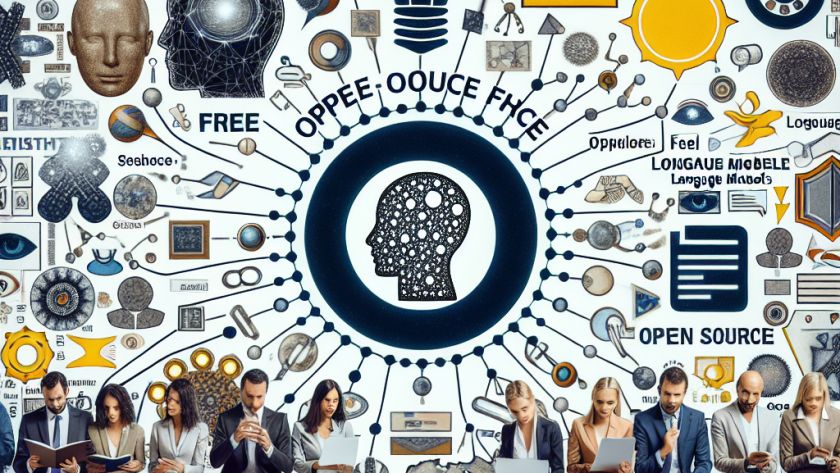The need for speed and precision in today's digitally-fueled arena is ever-increasing, making it a challenge for search engines to meet these expectations. Traditional retrieval models present a trade-off between speed, accuracy, and computational cost. To address this, researchers from the University of Glasgow have offered a creative solution known as shallow Cross-Encoders. These small…












